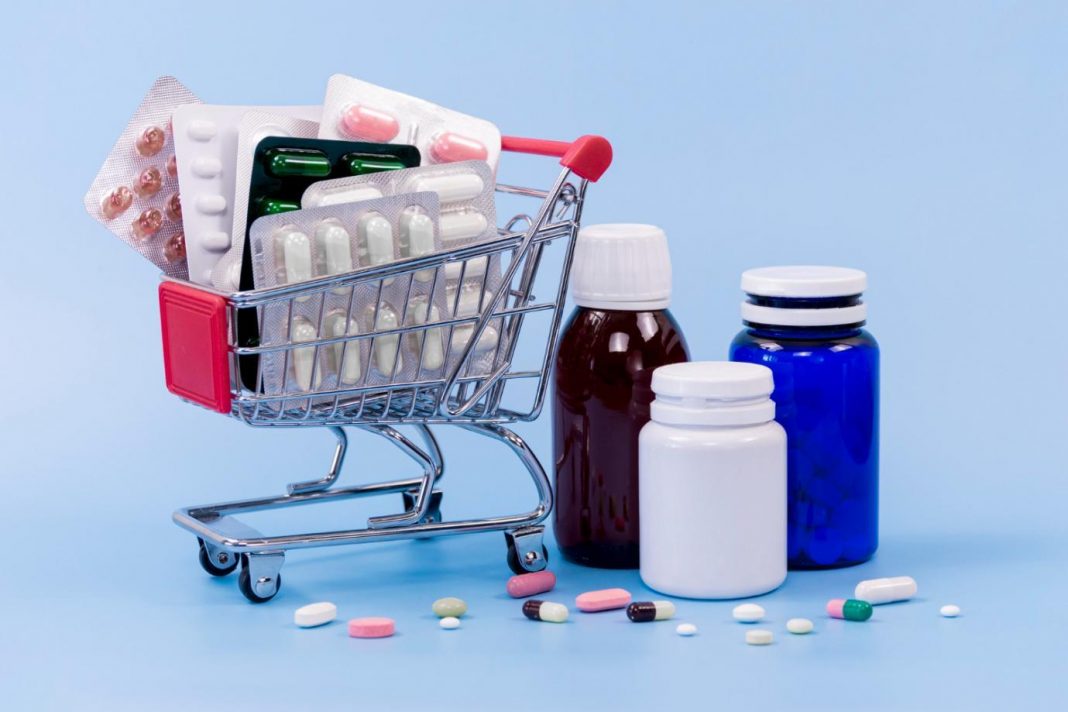Off-label drug usage is nothing new. Physicians have been prescribing drugs for purposes other than their original indication for centuries. However, with the advent of the internet and social media, off-label drug use has taken on a new life. Patients are now more likely to learn about off-label uses for drugs and share this information. This can be a good thing, as off-label drug use can sometimes improve patient outcomes. However, it can also lead to dangerous situations if patients take medications without proper guidance from their physicians. You will learn more about recalled drugs here like, what off-label drug usage is, how it affects patients and healthcare providers, and some of its risks.
What is off-label drug use?
Off-label drug use occurs when a physician prescribes a medication for a purpose other than the one for which the FDA originally approved it. For example, if a patient has cancer and is taking a medication approved to treat diabetes, this would be considered off-label usage. While off-label drug use is not necessarily illegal, it can put patients at risk if they are not properly informed about taking the medication’s risks and benefits. Additionally, off-label prescriptions are not always covered by insurance companies.
How does off-label drug use affect patients and healthcare providers?
Off-label drug use can benefit patients if it leads to improved outcomes. However, it can also be dangerous if patients take medications without proper guidance from their physicians. Physicians must be careful when prescribing off-label drugs, as they may not have been tested in the same way as FDA-approved medications. This can lead to serious side effects or even death in some cases.
Another effect of off-label drug use is that it can strain the relationship between patients and their healthcare providers. This is because patients may feel like they are not being given the best possible care if their physician prescribes medication for a condition that the FDA has not approved.
What are some of the risks associated with off-label drug use?
The risks associated with off-label drug use include serious side effects or even death in some cases. Patients should always consult with their physician before taking any medication, even if it is for off-label use. Physicians must be careful when prescribing off-label drugs, as they may not have been tested in the same way as FDA-approved medications. This can lead to serious side effects or even death in some cases. Additionally, off-label prescriptions are not always covered by insurance companies. Hence, patients must be aware of the risks associated with off-label drug use before taking any medications.
Off-label drug use is a contentious issue in the medical community. Some argue that it is a necessary tool that allows physicians to tailor treatment plans to individual patients. Others argue that it can be dangerous for patients if they are not properly informed about the risks and benefits of taking the medication. In this article, we have discussed off-label drug usage, how it affects patients and healthcare providers, and some of its risks. If you or a loved one has been prescribed a medication for off-label use, consult with your physician about the risks and benefits of taking the medication.

